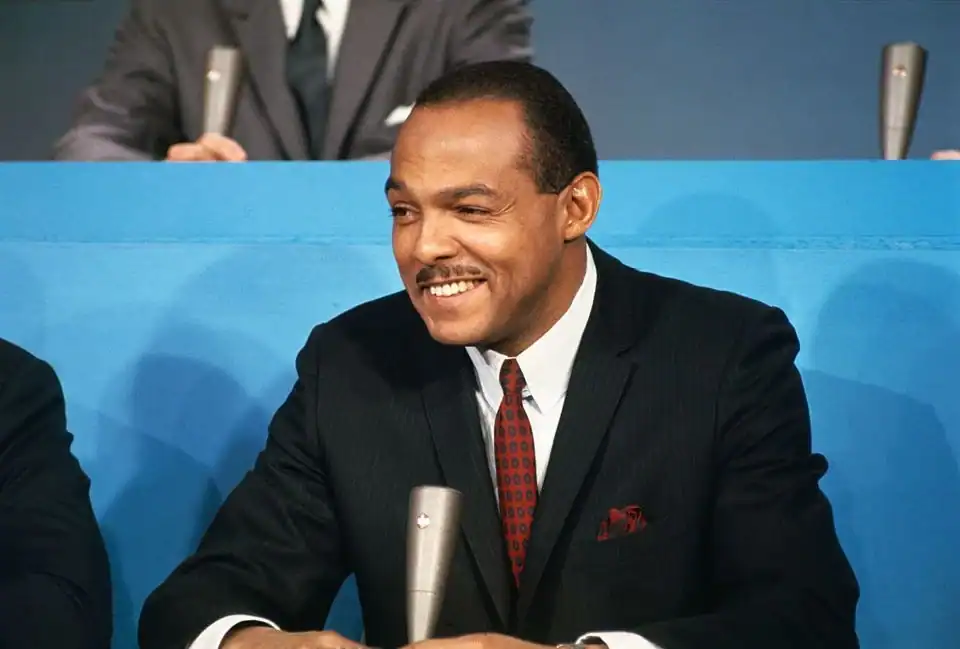July 24 marks the 47th anniversary of one of the most courageous acts by an American mayor. In 1968, Mayor Carl B. Stokes, Cleveland’s first African American mayor, acted decisively to prevent further bloodshed after the Glenville Shootout. But his legacy extends far beyond that night, it’s a testament to his lasting contributions to Cleveland’s growth, equity, and identity.
Stokes was the first African-American mayor of a major US city. He is among the few American politicians whose career spanned all three branches of government.
The Glenville Shootout: Crisis and Courage
On July 23–24, 1968, gunfire erupted in Glenville between Cleveland police and the Black Nationalists of New Libya, led by Fred “Ahmed” Evans, resulting in seven deaths, including three officers, and more than a dozen wounded, according to Cleveland Historical. Stokes believed that putting African Americans in control of their community would prevent further bloodshed.
In a first-of-its-kind move, he barred white police from entering Glenville overnight. He deployed only Black officers and community volunteers—a decision credited with averting a second night of escalating violence.
Though met with intense backlash and racial slurs from segments of the police force and white Clevelanders, Stokes’s decision helped stabilize the neighborhood. Historians note that arson and looting decreased significantly compared to typical second-night riot patterns.
Champion of Equity: Beyond One Night
Stokes’s influence was not limited to crisis response. His “Cleveland: Now!” initiative, launched May 1, 1968, aimed to raise $1.5 billion over 10 years to fund jobs, housing, health clinics, youth programs, and community centers. Though disrupted by Glenville, it left a legacy of community infrastructure and environmental reform.
In the aftermath of the 1969 Cuyahoga River fire, Stokes’s environmental advocacy elevated Cleveland as a national case study in urban pollution control. He also launched a city-wide rat-control campaign that cut infestation rates nearly in half in a year, an early model of environmental justice.
Elected on November 7, 1967, the first African American mayor of a major U.S. city, Carl Stokes’s victory marked a turning point in civic leadership. A Political Trailblazer and National Influence, he subsequently became the first Black president of the National League of Cities in 1970 and later served as a newscaster, judge, and diplomat.
Carl Stokes’ Enduring Impact on Cleveland’s Community
Stokes’s legacy continues through Cleveland’s physical and civic landscape—from streets and public spaces named in his honor to annual observances. His policies laid groundwork for minority business inclusion, environmental reforms, and community empowerment.
His autobiography, Promises of Power, emphasizes his pride in “direct control of the government of a predominantly white population” and the moral urgency of that role.
Stokes’ leadership was not defined by a single act. His lifetime of service to the community, his courage in the face of overwhelming adversity, his vision for a more inclusive Cleveland, and his relentless pursuit of justice continue to inspire those who seek to build a better city, and a better world.




